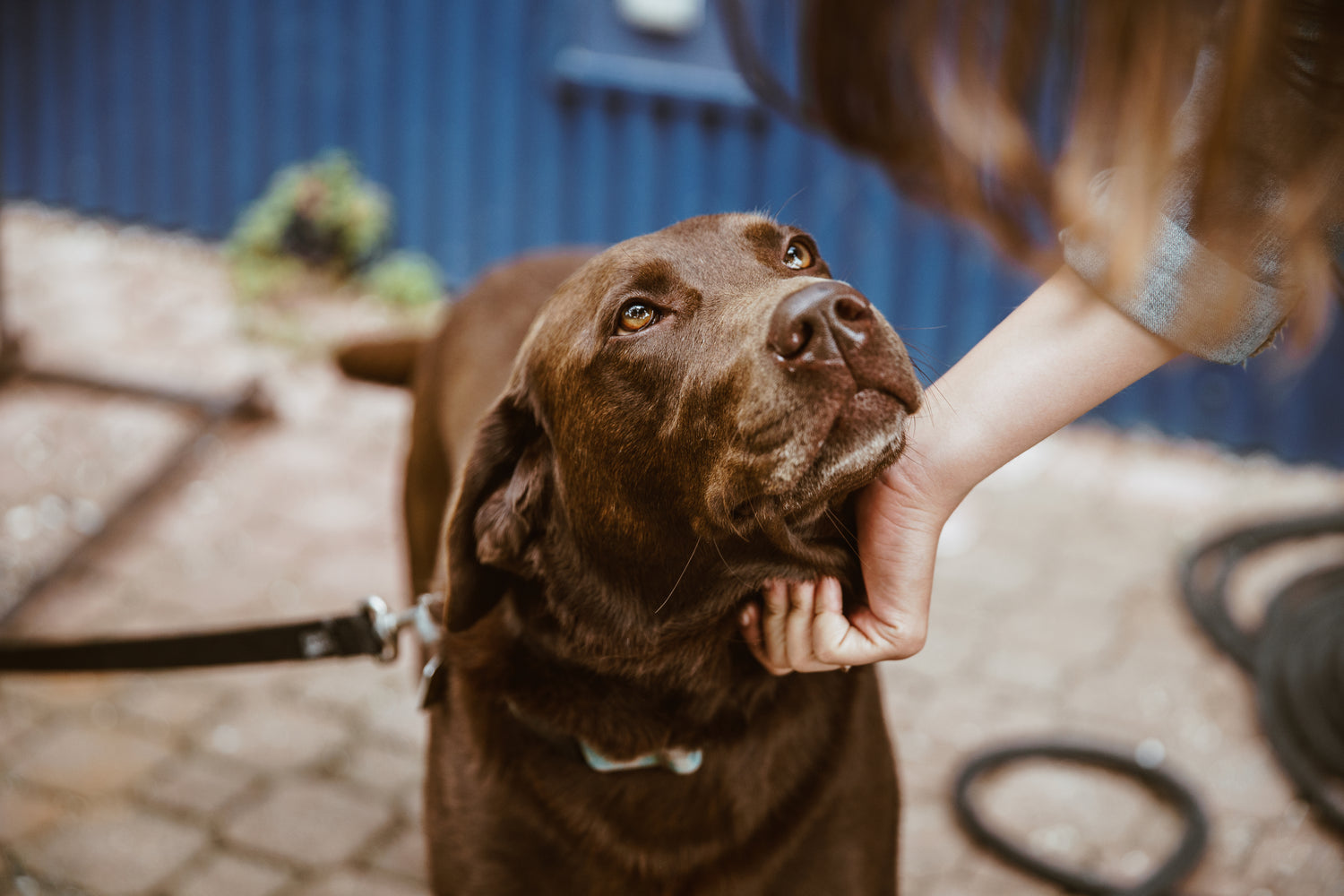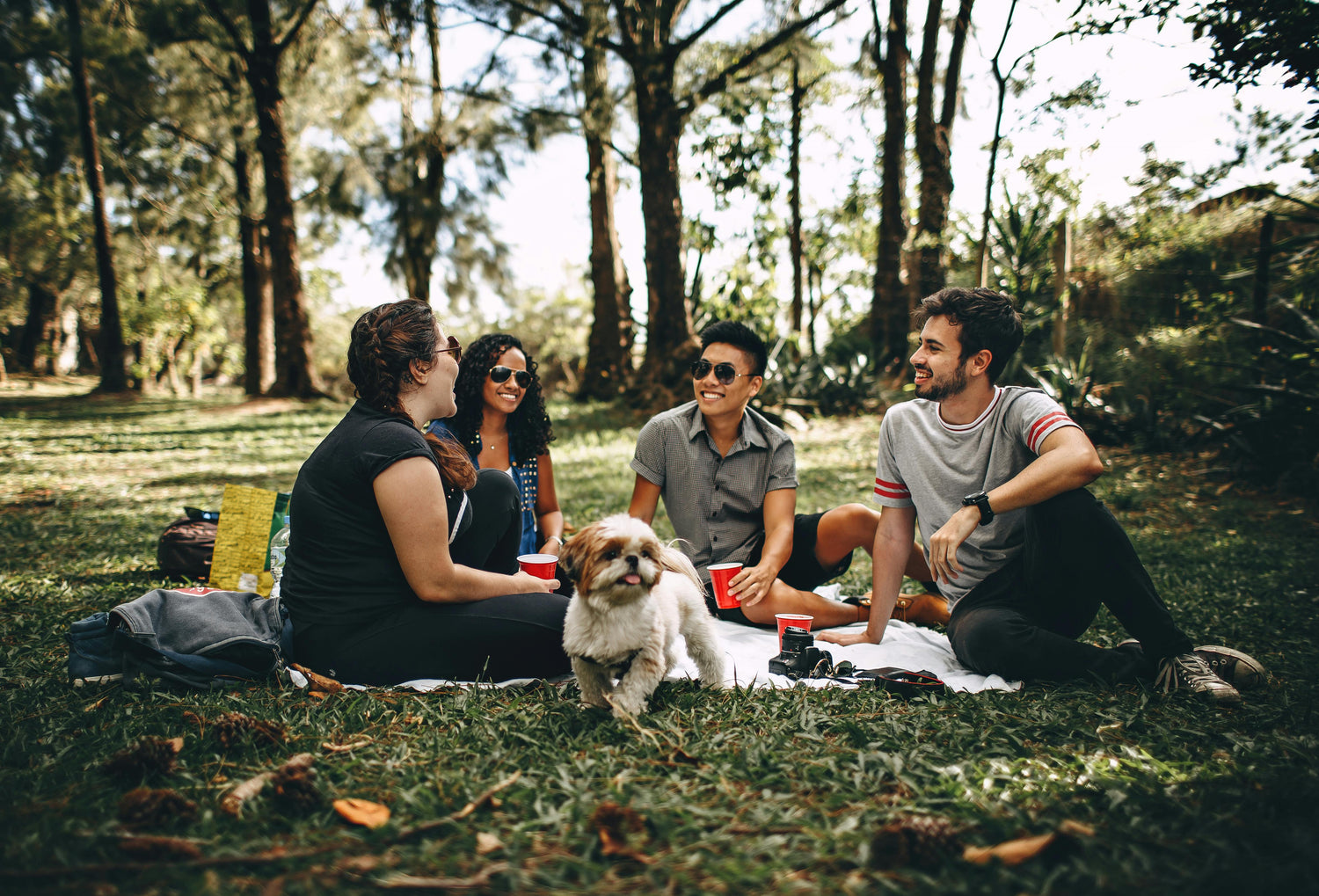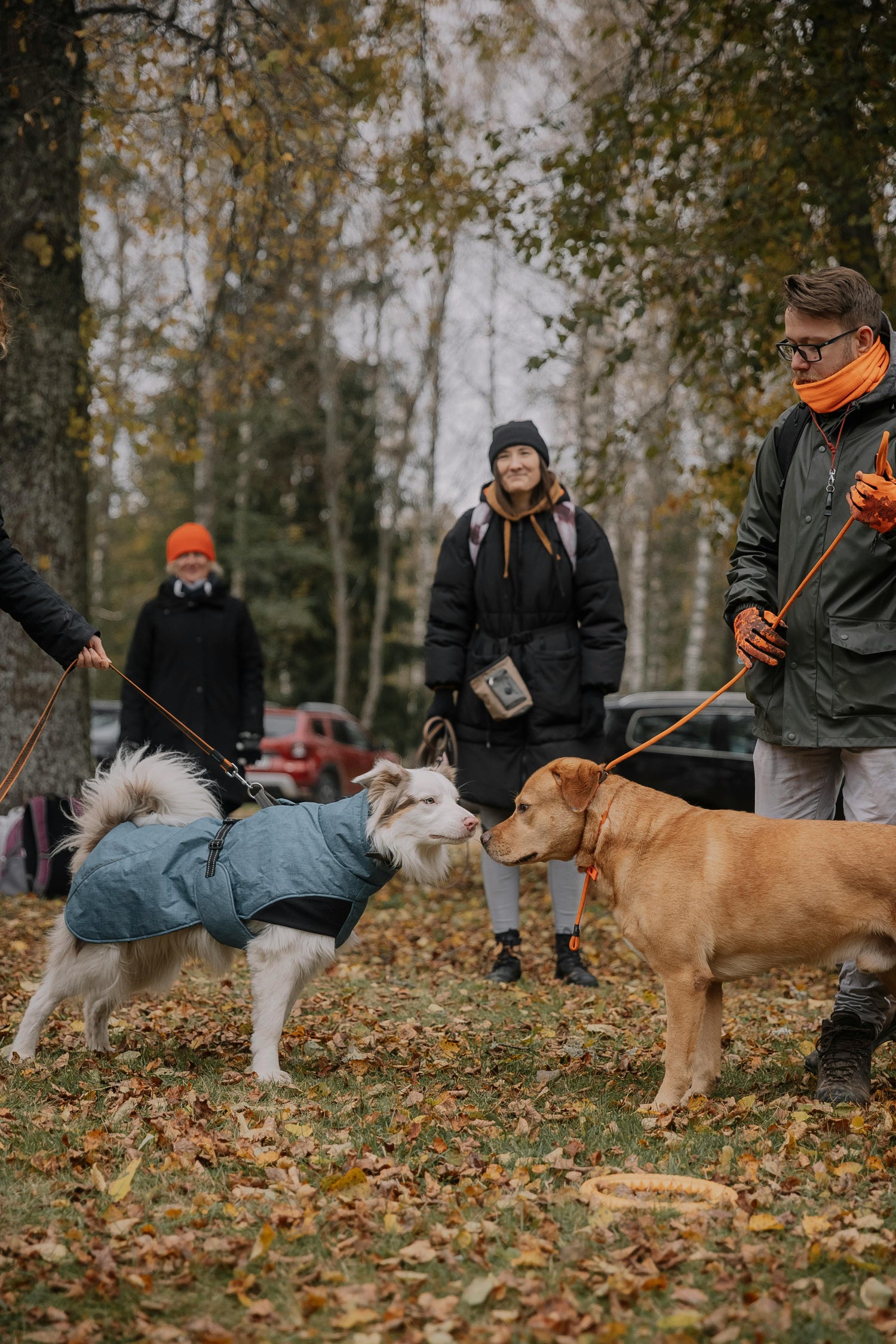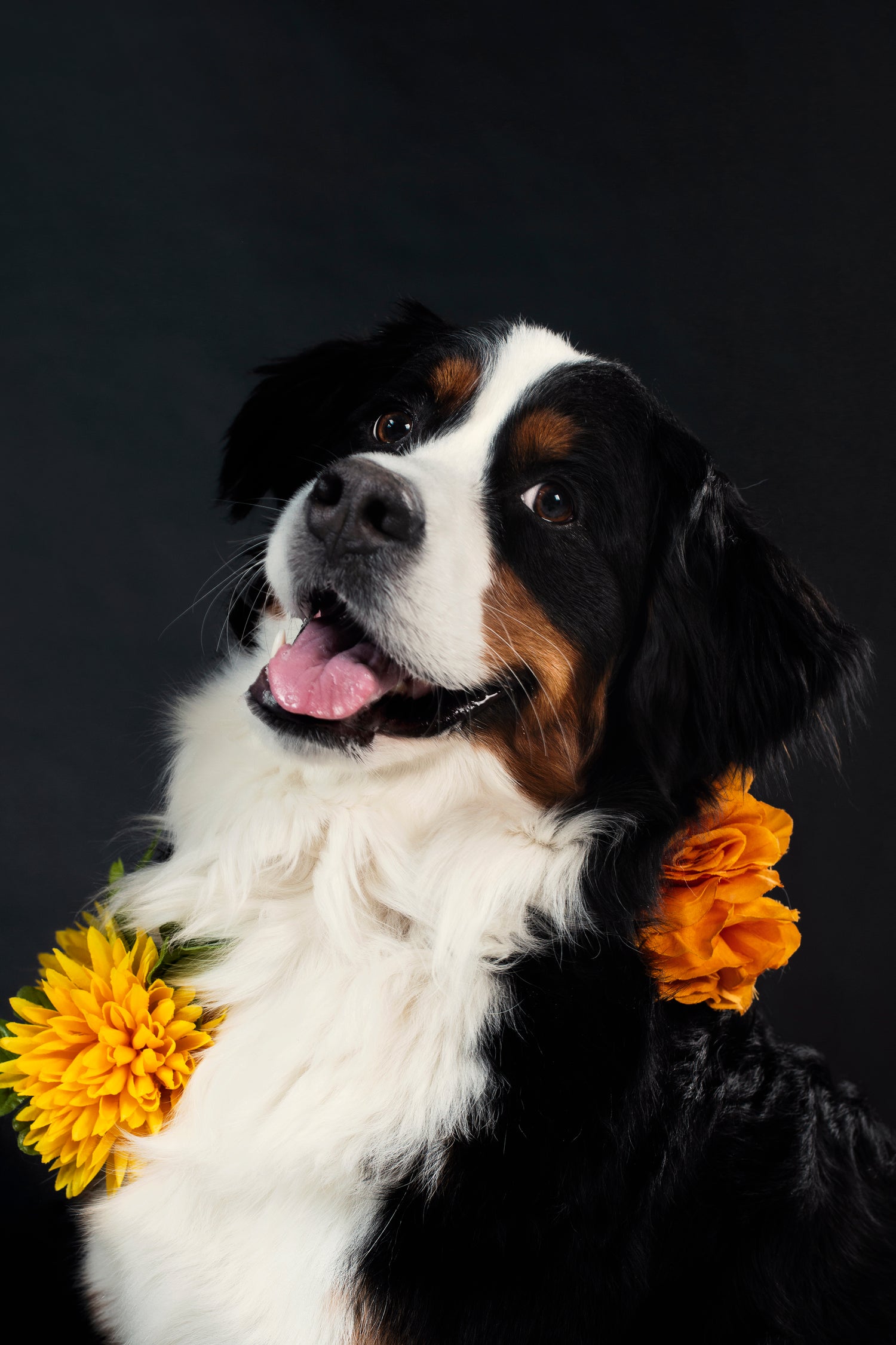
What is Canine Socialization and Enrichment?
Socialization and Enrichment is about helping dogs feel confident, comfortable, and calm in a variety of situations. It involves structured exposure to new environments, people, animals, and experiences — all while reinforcing positive habits and reducing fear or reactivity.
Primary Goals of Socialization
- Build confidence in new or unfamiliar situations
- Encourage positive interactions with other dogs and people
- Reduce fear or stress in busy or unpredictable environments (e.g., urban settings)
- Reinforce calm behavior, like leash walking or ignoring distractions
How is Training Different?
Dog training focuses on teaching specific behaviors or commands like “sit,” “stay,” or “come.” It’s usually delivered in controlled environments with repetition to build obedience.
Primary Goals of Training:
- Teach obedience and structure ("heel," "stay," etc.)
- Solve specific behavior issues (e.g., reactivity, barking)
- Build communication between dog and handler
- Delivered by certified trainers using tailored methods

The Missing Piece
Most dogs don’t just need obedience or exercise — they need calm adaptability in real-world environments.
That’s where Canine Socialization & Enrichment (CSE) comes in.
CSE is the philosophy that bridges the gap between training and walking by focusing on:
- Structured exposure to everyday city stressors (sidewalks, scooters, patios, elevators).
- Purposeful enrichment that balances mental and physical needs.
- Proactive owner guidance that prevents issues before they start.

Why CSE Matters in Urban Life
Urban environments are full of unexpected challenges. Without proper exposure and guidance, city life can overwhelm both dogs and owners.
CSE helps dogs:
- Feel secure and confident in unpredictable settings.
- Reduce reactivity and stress through planned exposure.
- Develop habits like loose-leash walking and disengaging from distractions.
CSE helps owners:
- Recognize early cues and respond proactively.
- Lead walks with calmness and consistency.
- Build trust and confidence in their dog through everyday routines.

Why Socialization & Enrichment Matter (The Numbers)
✅ 57% of owners skip weekly walks — leaving dogs under-exercised and under-stimulated (Rover survey).
✅ Only 8–10% of owners attend training classes — most dogs never receive structured guidance (multiple survey syntheses).
✅ 20–25% of dogs show fear-based behaviors toward strangers, dogs, or new environments without early socialization (peer-reviewed studies).
✅ Separation anxiety and reactivity cases surged post-pandemic — shelters report behavior issues as a top reason for returns.
✅ Dogs with structured enrichment show lower stress hormones (cortisol) and improved calmness compared to under-stimulated dogs (animal welfare studies).
✅ Owners who walk their dogs regularly are 2.5× more likely to meet their own fitness targets — showing the mutual benefits of structured walks (health surveys).

Benefits of Canine Socialization & Enrichment
Confidence Building - Dogs who experience structured socialization and enrichment are more adaptable and less anxious. This confidence helps them navigate chaos with ease.
Real-World Application - CSE reinforces skills where dogs actually live, on sidewalks, elevators, patios, and in public spaces. It's not just theory it’s practice, applied.
Behavioral Wellness- Structured enrichment prevents many stress-based issues before they begin. Calm dogs are happier, healthier, and easier to live with.
Is It Right for Your Dog?
Puppies → Set a foundation for lifelong calm and social adaptability
Youthful or Nervous Dogs → Build resilience and reduce fear with structured, supportive exposure
All Dogs → Ongoing socialization keeps behavior balanced, confidence high, and walks more enjoyable
In short, training teaches commands. CSE teaches calm adaptability. They complement one another — but in city life, CSE is the foundation every urban dog needs.
